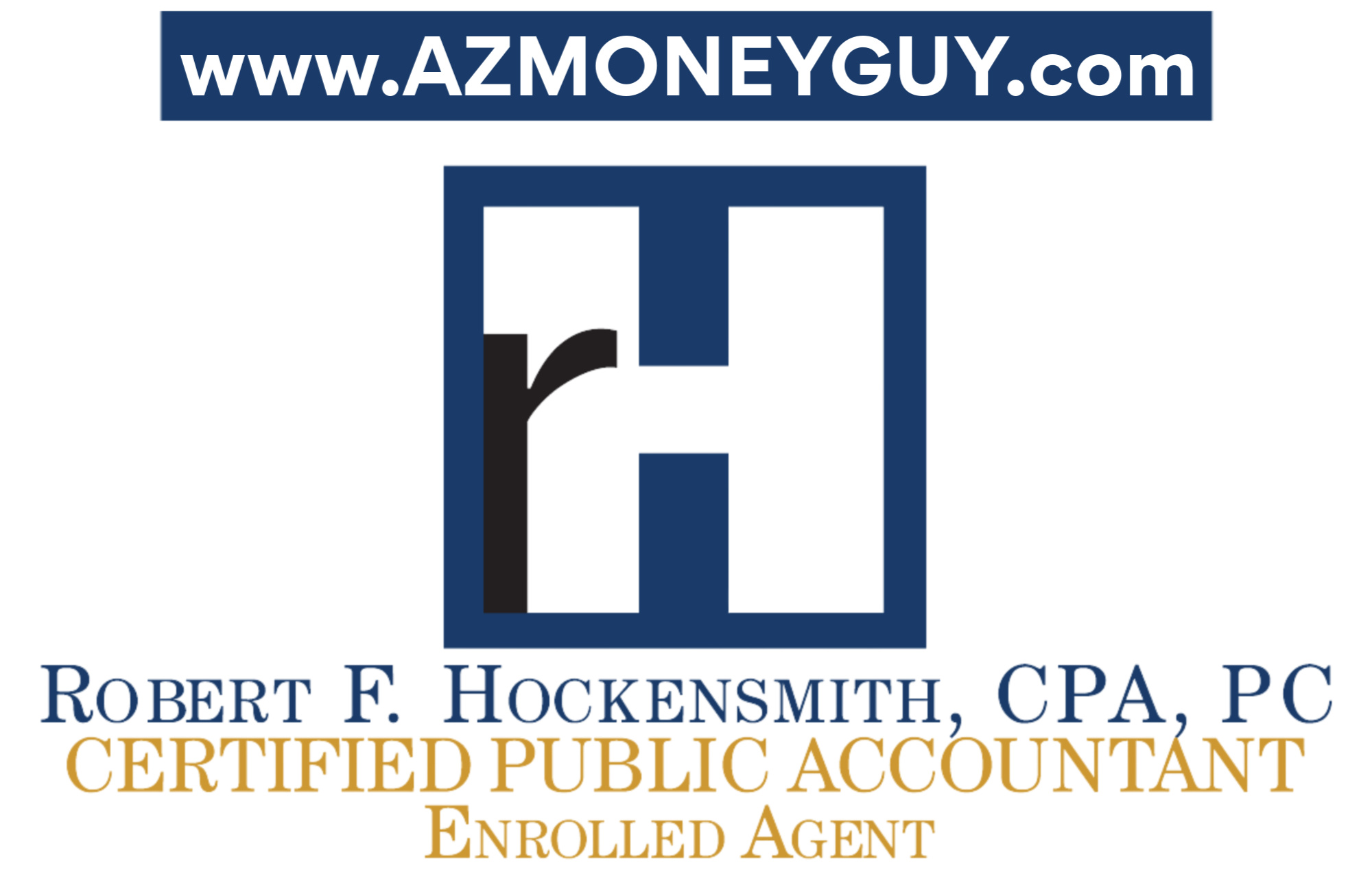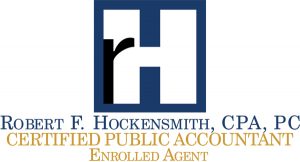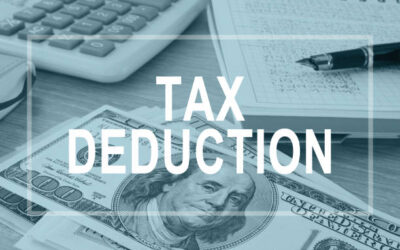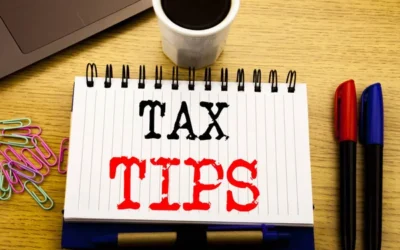Blog
New Year’s Financial Resolutions
New Year’s Financial Resolutions
It’s a New Year, and for Dave and Julia, a married couple, the New Year also signifies a fresh start to financial responsibilities. Responsibilities that simply translate to financial commitments like an upgraded house to accommodate children, meet their demands of fancy toys and Disneyland vacations, start saving for their education and more importantly: Financial Freedom!
Now is the time to look at their finances, spending habits, debts, credit cards, insurance coverages, future, and activities that put them in the status and position they are in today. While Dave and Julia are not so unhappy with their financial situation, they strive to improve, because financial freedom is still on their wish-list.
Whether you are poor, average, (like Dave and Julia) or rich, everyone needs to look at their financial picture at least on an annual, quarterly, monthly or preferably every payday basis. My best advice is to review your finances every payday. Dave and Julia always do just that because it helps them renew or reinforce what they were doing and allows them an opportunity to correct bad habits that may hold them back from achieving financial freedom. The constant review of their budget, every payday, helps them know where their money is going, ahead of time. It’s like looking out the windshield of a car, rather than looking at the rear-view mirror. Knowing where your money is going ahead of time, helps keep you on track, so your journey to financial freedom is a guided path, rather than a blind walk through life.
As with any successful accomplishment, you must start with a guide, plan, blueprint, charter, or budget! Use whatever word that helps you understand the need for financial planning consistency. Consistency throughout the 365 days in a year is key to financial freedom. Dave and Julia know that if something can help them start or continue their path to financial freedom, it is consistency in financial planning. Such a plan keeps you focused and on track towards the destination or in this case the ‘journey’ you travel. The same steps that help you lose weight, complete a college degree, or break bad habits are useful to begin improving your financial goals.
I have listed the top 6 steps to help you financially in the New Year. Following these will take you closer to financial freedom. They are:
- Pay off Holiday debts
Should be done within 90 days of New Year. Plan a budget on how much you will spend and let each partner keep check on the other. Each person who writes down a budget has a better chance of sticking to it, rather than just talking about it, guessing or “trying it out”. There is no try, there is only do or do not; remember that saying?
- Track your spending and create a budget
Keep every receipt for the first three months, for absolutely everything you spend. Budgets are made each payday; BEFORE you are paid. That way you know where every dollar will go, ahead of time.
- Start savings plan
New Year Holiday budget or keep your change in clear piggy bank. Remember the journey of 1000 miles starts with the first step. Always start a savings plan with an emergency fund, before you do anything else. This should be 3-6 month’s living expenses and this fund is only used in an emergency (medical, fired from or quit work, car breaks down. Only real emergencies). You may need to work another job to save this.
- Pay down debt
Smallest debt first, then move up and pay the next smallest, and so on. While doing this, only make minimum payments on unpaid debt, until it is THE next debt on the list to pay off. While paying these small to large debts, don’t worry about the interest rate on the debt, just the size of the debt. Often it is necessary to find more income so you can add extra payments to each debt being paid off. Most people have an income problem, not an expense problem. So, finding part time work helps pay down debt. Or selling items around the house provides extra income to pay down or off debt. Learning how to live on less is the key to paying off debt. The fastest way to make money is to pay down, or off debt.
- Review your credit report every 4 months
You are entitled to a free credit report from each agency annually -Transunion, Equifax, Experian. Requesting these helps prevent identity theft and improves your credit status if errors are found. Remember, a free credit report does not mean a free credit score.
- Check your insurance policies
Many people over-insure and under-insure property (car, house, contents, artwork, etc.). Talk to a planner who doesn’t sell insurance to help you decide how much and what kind of insurance you might need. If you have someone who depends on your income, if you die, you need 7-10 times your annual income, for life insurance coverage. And the only kind of life insurance to buy is level term life insurance. No other kind of life insurance will work to help you find financial freedom. Most people over-insure their home. There is no need to insure land, just the replacement value of your home’s building and contents.
Each step is independent of the other and can be started and continued its own. By completing each step regularly, you will see your debt go away, and your bank account increase. Remember that re-visiting, reviewing, and renewing your goals regularly will help keep you on track toward your financial success.
Related Blog Posts
Tips for Farmers and Farm Tax Returns
Learn how to pass on more of your wealth to your heirs and pay less to the government before it's too late! Click here...Address & Map(602) 264 - 9331CLIENT PORTALAddress & Map(602) 264-9331 Bringing food to the plate matters. So those who toil hard to...
Deductions allowed when you do not itemize
Learn how to pass on more of your wealth to your heirs and pay less to the government before it's too late! Click here...Address & Map(602) 264 - 9331CLIENT PORTALAddress & Map(602) 264-9331[DISPLAY_ULTIMATE_SOCIAL_ICONS] There are lines and then there...
Basis, Capital Gains, and Losses
Learn how to pass on more of your wealth to your heirs and pay less to the government before it's too late! Click here...Address & Map(602) 264 - 9331CLIENT PORTALAddress & Map(602) 264-9331[DISPLAY_ULTIMATE_SOCIAL_ICONS] Now is the time to act smart,...
Do You Owe The IRS?
Learn 5 Secrets The IRS Doesn't Want You To Know.
Click on the button below to get FREE access to this exclusive content.
Tax and Financial Advice from an expert
Mr. Hockensmith has been a guest newscaster for national and local TV stations in Phoenix since 1995, broadcasting financial and tax topics to the general pubic. He has written tax and accounting articles for both national and local newspapers and professional journals. He has been a public speaker nationally and locally on tax, accounting, financial planning and economics since 1992. He was a Disaster Reservist at the Federal Emergency Management Agency, for many years after his military service. He served as a Colonel with the US Army, retiring from military service after 36 years in 2008. Early in his accounting career, he was a Accountant and Consultant with Arthur Andersen CPA’s and Ernst & Young CPA’s.
